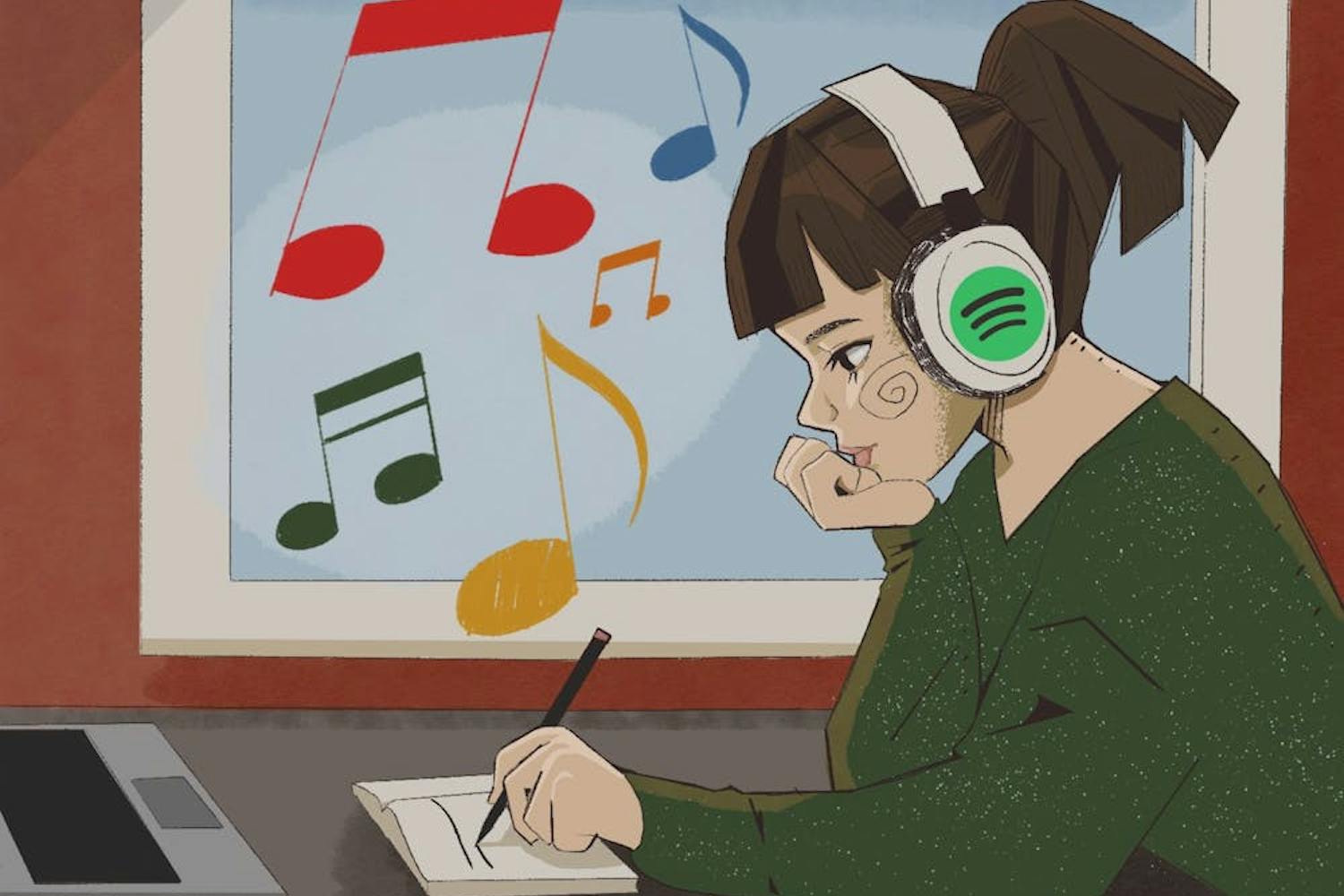The Internet is a part of most people’s lives, but, at a debate on the West campus on Tuesday, the question was if people should remain anonymous online.
This event, which was moderated by social and behavioral sciences professor Alexander Halavais, featured journalism professor Dan Gillmor; Jillian York, the director for International Freedom of Expression at the Electronic Frontier Foundation; UA education professor Sheri Bauman and Jason Weinstein, the former Deputy Assistant Attorney General in the Department of Justice’s Criminal Division.
The event was also designed to be interactive with the audience. Attendees who brought devices such as cell phones, laptops or tablets could submit questions to the panel that, depending on votes from other audience members, were answered later in the debate.
Gillmor said he hoped the Internet could be a place for everyone to use.
“This (Internet space) is yours to make,” he said.
Although free speech is something valued by people in the U.S., it doesn't apply to everything, including defaming or badmouthing people on the Internet, Gillmor said.
“That principle is not absolute,” he said.
Gillmor added that he thought that people should stand behind their words and that anonymity should be preserved through technology.
“Free speech has served our nation well," he said. "I’d kind of like to keep it."
Bauman, however, said people say cruel and malicious things about others online, because there are no repercussions for what they say about others.
“They need to be held accountable for what they say,” she said.
Bauman also said there were other dangers to remaining anonymous online.
In a slideshow presentation, she said some of these dangers included false information, harming others, discouraging accountability and degrading the online experience of others.
However, remaining anonymous was necessary in some situations, such as in Benghazi, because if people use their real name, they could be put in prison or worse, York said.
Remaining anonymous would be good for young people, because if they were anonymous, they could have room to grow and make mistakes, she said.
“The actions of our youth can come back to haunt us,” she said.
Weinstein said there should be a balance between anonymity and privacy, as well as with public safety.
“Even with something really, really good, there is a balance,” he said.
Even if people take the time to cover their steps online, they could still be giving away clues as to who they are, and online, there is a privacy risk that people need to be aware of, Weinstein said.
“We give that information (online), but we want that information protected,” he said.
Reach the reporter at ldjarvis@asu.edu or on Twitter @misslorijarvis.



